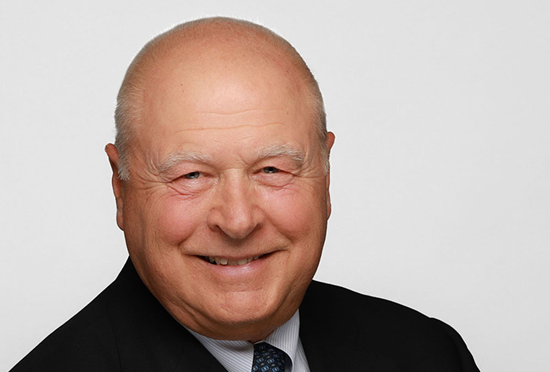Flexible bond managers advised to cut fees

Asset managers with flexible bond products that outperform have a chance of reversing the recent run of outflows but fee cuts may be a decisive factor in tempting back investors, according to analytics firm Cerulli Associates.
Flexible bond products, part of a new breed of mutual funds designed with the flexibility to profit in rising and falling markets, fell out of favour in 2015 after soaring in popularity the previous two years.
This was partly on the perception that they were better able than other bond funds to cope with the US Federal Reserve's supposedly imminent rate rises.
The entire bond market suffered last year, but funds with a substantial high-yield element were hardest hit.
But Cerulli believes that the policies of central banks can benefit flexible bonds.
The European Central Bank has cut its main refinancing interest rate to zero and announced an extension of bond buying.
With some yields already negative, value in European bonds is proving hard to come by.
This strengthens the case for a fund to be as unconstrained as possible as it searches for alpha.
If emerging market corporate bonds seem to offer better value than eurozone sovereigns, the fund can act accordingly.
"Flows for flexibles may take some time to come back and many will fall by the wayside," says Barbara Wall, Europe managing director at Cerulli Associates. "However, stronger funds may benefit from the shakeout.
“The longer established ones with better past performances may be able to convince investors they can recapture the glory days. Their chances of doing so will be that much greater if they reduce charges, even if only temporarily."
Wall points out that Goldman Sachs, PIMCO, and M&G, which charge in the 1.4% to 1.7% range, look expensive given recent negative returns, especially when compared with the likes of Artemis and BNY Mellon, which charge well under 1%.
Some funds should consider ditching their performance fee, she says, even though this has been largely irrelevant given the losses.
Cerulli says investors pulled €31.6bn ($40.6n) out of the European mutual fund industry in January in a telling display of unease over unstable market conditions.
In January, the global equities sector lost 70% of 2015's net inflows to post net outflows of €2.5bn as panicked investors switched assets to safer positions.
“We believe that investors will slowly get used to the new macroeconomic environment and factor it in their investment decisions--we can only hope that 2016 doesn't hold any nasty surprises,” Cerulli said in its report.
Found this useful?
Take a complimentary trial of the FOW Marketing Intelligence Platform – the comprehensive source of news and analysis across the buy- and sell- side.
Gain access to:
- A single source of in-depth news, insight and analysis across Asset Management, Securities Finance, Custody, Fund Services and Derivatives
- Our interactive database, optimized to enable you to summarise data and build graphs outlining market activity
- Exclusive whitepapers, supplements and industry analysis curated and published by Futures & Options World
- Breaking news, daily and weekly alerts on the markets most relevant to you



